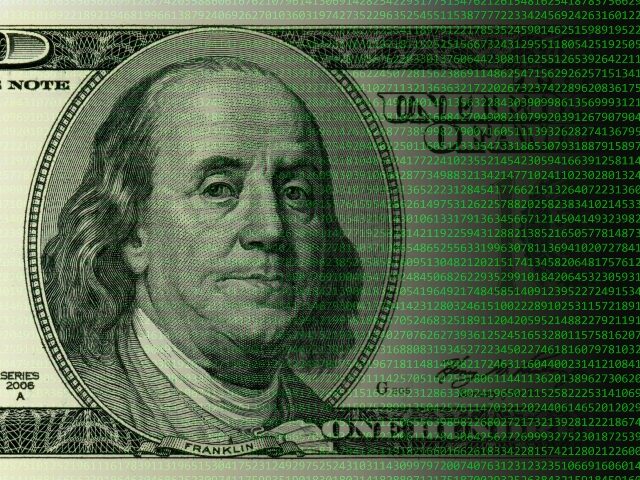Craig Peters, the CEO of Getty Images, argues that a nuanced approach to AI and copyright, based on the principles of fair use, can foster innovation while respecting the rights of creators. According to Peters, AI giants try to argue that respecting copyright is an “unsurmountable challenge” as they spend billions on manpower and processors.
Fortune has published an op-ed by Craig Peters, the CEO of Getty Images, addressing the rapid advancement of AI and the heated debate about the use of copyrighted materials for training AI models it has sparked. While some argue that freely scraping content for AI training is permissible under the law, others, like Peters, vigorously disagree. Peters believes that a more nuanced approach, based on the principles of fair use, can balance the need for innovation with the rights of creators.
Fair use is a legal doctrine that allows for the use of copyrighted works without permission under certain circumstances. It is determined on a case-by-case basis, considering factors such as the purpose and character of the use, the nature of the copyrighted work, the amount used, and the effect on the potential market value of the work.
Peters argues that applying fair use principles to AI training can help distinguish between beneficial applications, such as using AI to cure cancer or combat climate change, and harmful ones, like content generation models that directly compete with artists in their respective markets. He emphasizes that using copyrighted content to train AI models for noble causes would likely not face challenges from creators, as it does not harm the value of their work and may even garner their support.
However, Peters takes issue with content generation models that are trained on artists’ work without permission and then commercialized by companies targeting the same markets as those artists. He sees this as a clear violation of fair use principles and a direct threat to the livelihoods of creators.
Peters writes:
As litigation slowly advances, AI companies advance an argument that there will be no AI absent the ability to freely scrape content for training, resulting in our inability to leverage the promise of AI to solve cancer, mitigate global climate change, and eradicate global hunger. Note that the companies investing in and building AI spend billions of dollars on talent, GPUs, and the required power to train and run these models—but remarkably claim compensation for content owners is an unsurmountable challenge.
My focus is to achieve a world where creativity is celebrated and rewarded AND a world that is without cancer, climate change, and global hunger. I want the cake and to eat it. I suspect most of us want the same.
Getty Images has taken legal action against Stability AI for using millions of images owned or represented by the company to train its Stable Diffusion model without permission. While litigation is expensive and time-consuming, Peters believes it is necessary to protect the rights of creators and ensure a fair playing field.
Peters rejects the argument that respecting creator rights will hinder the development of AI technology. Instead, he proposes a path forward that rewards creativity and delivers the promises of AI through licensed models, similar to how Spotify and Apple Music evolved from the infringing Napster. These models may cost more, but they can thrive if a fair playing field is created by addressing companies that choose to ignore established copyright law.
Read more at Fortune here.
Lucas Nolan is a reporter for Breitbart News covering issues of free speech and online censorship.

COMMENTS
Please let us know if you're having issues with commenting.